Artificial Intelligence : Drowsiness Detection using DLib
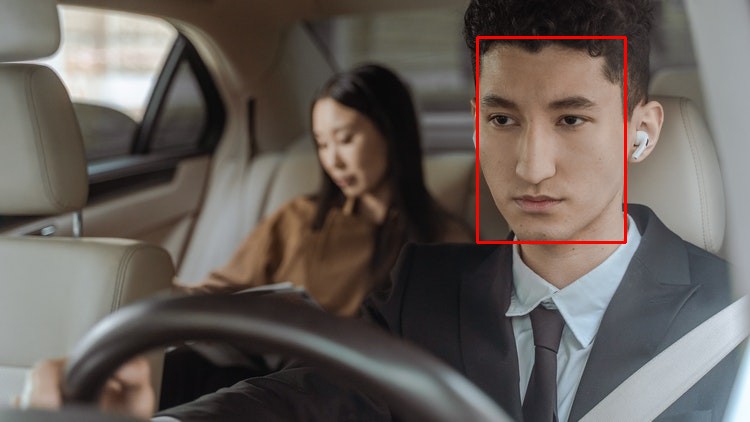
Why take this course?
🎓 Course Headline: 🚀 Artificial Intelligence: Drowsiness Detection using DLib - A Practical, Hands-On AI Project
About the Course
If you're passionate about artificial intelligence and want to delve into a project that could save lives by detecting drowsiness in drivers, this course is your ticket to turning that passion into action. 🚗🧠✨
Course Overview
- Project Overview - Understand the scope and objective of building a drowsiness detection system using DLib.
- Introduction to Google Colab - Learn how to utilize this powerful platform for your AI projects without installing heavy software.
- Understanding Project Folder Structure - Get a clear picture of where everything fits in the project's file system.
- What is Dlib? - Discover the power of DLib, a state-of-the-art C++ toolkit containing machine learning algorithms and manual feature engineering for gluing them together to form a "complete software package."
Diving Deeper into DLib Components
- About Dlib Face Detector - Learn about the robust face detector in DLib.
- About Dlib Face Region Predictor - Understand how to predict facial features and landmarks using this powerful component of DLib.
Step-by-Step Project Execution
- Importing Libraries - Set up your development environment with the necessary libraries.
- Loading the Dlib Face Regions Predictor - Get hands-on practice loading and using the predictor.
- Defining Face Region Coordinates - Learn to define the coordinates for face regions.
- Euclidean Distance & Eye Aspect Ratio Calculation - Implement Euclidean distance to calculate the Eye Aspect Ratio for detecting drowsiness signs.
- Extracting Left and Right Eye Details - Master the art of extracting important eye details from a face region.
- Defining a Method to Play an Alarm - Create an alert system to notify when drowsiness is detected.
- Putting It All Together - Integrate all components to build a fully functional drowsiness detection system.
The Importance of Drowsiness Detection
Statistics have shown that driver drowsiness is a significant vehicle safety issue. By addressing this, we can make our roads safer. This project aims to contribute to this critical safety measure. Remember, the knowledge you gain from this course should only be used responsibly for educational or developmental purposes.
Course Content & Outcomes
- Educational Material - Comprehensive explanations and step-by-step instructions to guide your learning journey.
- Project Files - Access to the Jupyter notebook and all project files upon completion of the course.
- Certificate of Completion - Demonstrate your mastery with a certificate from AutomationGig.
Ready to Begin?
Enroll now and embark on a learning adventure that will equip you with one of the most sought-after skills of our time. With this knowledge, you'll be well-prepared to contribute to safer driving environments. 🚦🛣️💡
Happy Learning! 🎓
[Music: bensound]
[Please note that this course and its related contents are for educational purpose only]
Course Gallery
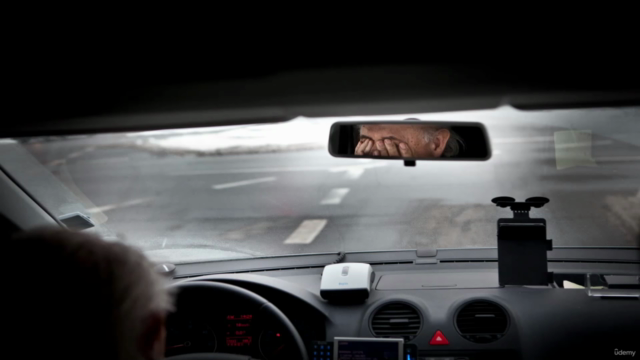
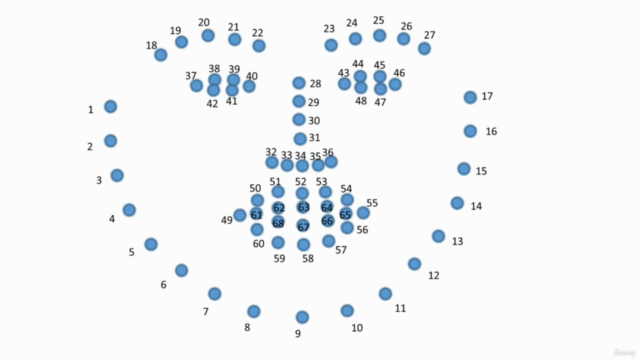
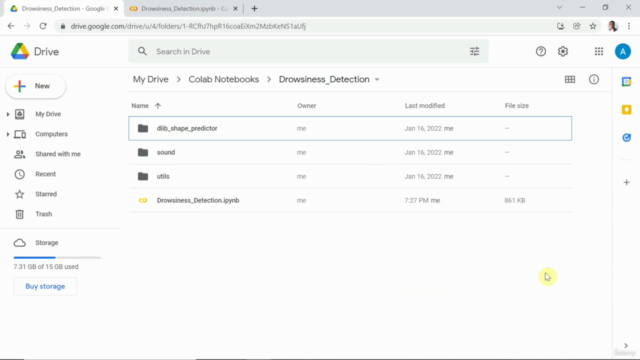
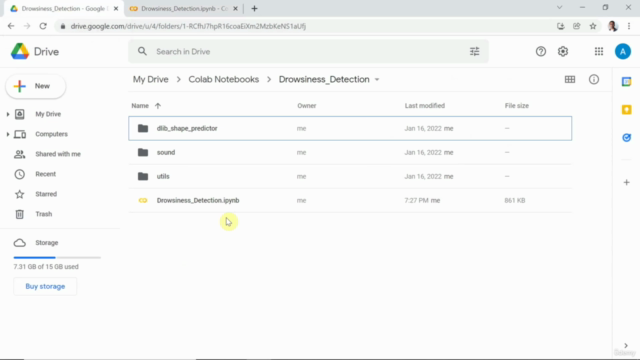
Loading charts...